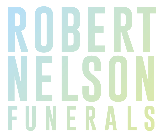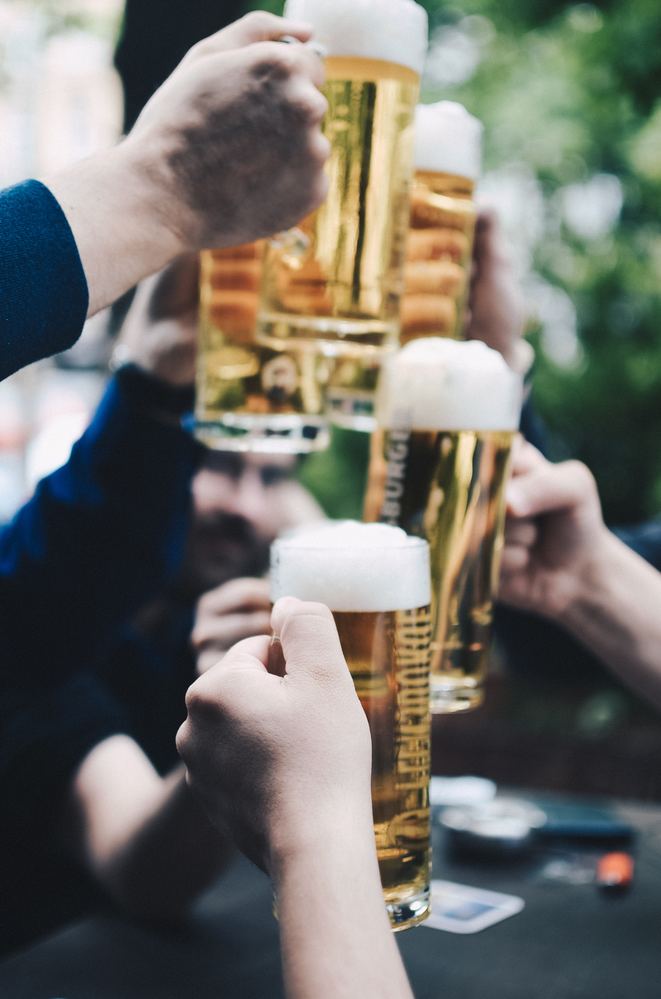

The Irish Wake
The Irish Wake is perhaps one of the best known funeral traditions in the world.
Many countries have now adopted the term "Wake"and although it is widely associated as an Irish tradition each country has its own version and rituals. In Australia the wake usually begins after the funeral whereas as you will discover the Irish wake begins immediately after death.
As with many rituals and traditions the origin of the “Irish Wake” is generally unknown. Often thought to have been heavily influenced by element of ritual paganism, it was very much frowned on by the Church.
One claim thought to be folklore, was that this Irish tradition came about because of lead poisoning in pewter tankards. With high levels of lead in pewter mugs, many of the drinkers who used them would fall into a ‘cationic state’ resembling death. The sufferer could regain consciousness after many hours or even days, hence the term "three-day Wake."
But, wherever these rituals and traditions originated many have now been carried on through the passage of time and are practiced in many countries throughout the world.
Traditionally, the local priest would be called to the family home to give the last rites. The priest would come at all hours of the day or night for prayers and the sprinkle holy water over the body.
Following the death and with the body still in the family home, the house needed to be prepared. A black-edged envelope would be attached to the front door to let neighbours and friends know of the death. A room in the house was set aside for the body and window would be opened to allow the spirit to move out and onto its eternal journey. Nobody was to block the window, as this would have bought misfortune to whoever has blocked the spirit’s path to eternal life. The mirror would be either covered in a white sheet or a linen cloth or turned to face the wall. This is thought to hide the physical body from the dead body. After about three hours the curtains are drawn and the window shut, so that the spirit does not return.
I had often heard on my travels of the bodies being prepared and sometimes embalmed by the funeral director in the house on a door removed from its hinges, however I cannot confirm the validity of this claim. Traditionally the body would have been washed with holy water by a women known as a ‘handy woman’.
It is about this time the undertaker was called, usually providing a modest inexpensive coffin. Candles were placed around the coffin, and remained lit until the body is later moved to the church.
Once the family had completed their prayers in the house, friends would call in to pay their respects and offer their condolences. Then all the merriment would begin. Refreshments including Tea, Sandwiches, cakes, buns, beer and poteen (an illicit Irish distilled beverage made from potatoes) would be offered. it wouldn't take long before tales would be told about the dead person, and the naughtier (and more alcohol consumed), the more laughter ensued. Music also played an important part in the tradition.
This would go on all that night, and the next day the body would be taken to the church for prayers. No doubt attended by some that had already experienced their own "3 day wake" On the third day after death would be the funeral mass.
Following the catholic funeral mass the funeral party would then follow the coffin out of the church, and it would be placed into the hearse and the family and friends would walk behind to the cemetery for a graveside service.
After the burial, as is so customary now and then, mourners would return to the local pub or family home, where the merriments would continue.
In Ireland today, many of these old traditions have gone as the modern traditional funeral director performs the functions a family once did. So whilst the old tradition and ritual may be disappearing one thing has not and that is the joining of family, friends and relatives in "Celebrating a Life" in a fitting and meaningful way.
In Australia the "Aussie Wake" is alive and well. For many the traditional values and meaning of the church (relative to funerals) is being replaced by new traditions, steeped in the old traditions of the Irish wake, Many families are now choosing to have services or events in places like bowls, golf, football or yacht clubs, where joviality and humour can often form a significant part of the event. Sometime the body is present and sometimes not. Usually the merriment continues long into the night around the bar, where tall stories become just a little bit taller.
Although time has passed and we live continents away from Ireland, many of the old customs have morphed into our "Aussie Wake" and found new meaning and values in Australia life.
The "Wake"is still as relevant as it ever has been.
Robert Nelson is a fifth generation funeral director who has studied and travelled extensively throughout the world. His company Robert Nelson Funerals is based in Melbourne Australia and specialises in meaningful funerals

- Business Name
- Robert Nelson Funerals
- Business Category
- Funeral Services & Cemeteries
- Official Website
- robertnelsonfunerals.com.au
- Business Number
- 12 123 169 602
- Company Number
- 123169602
- Social Links
- Phone Number
- 03 9532 2111
- Business Location
- 105 Cochranes Rd
Moorabbin 3189
Victoria
Australia






